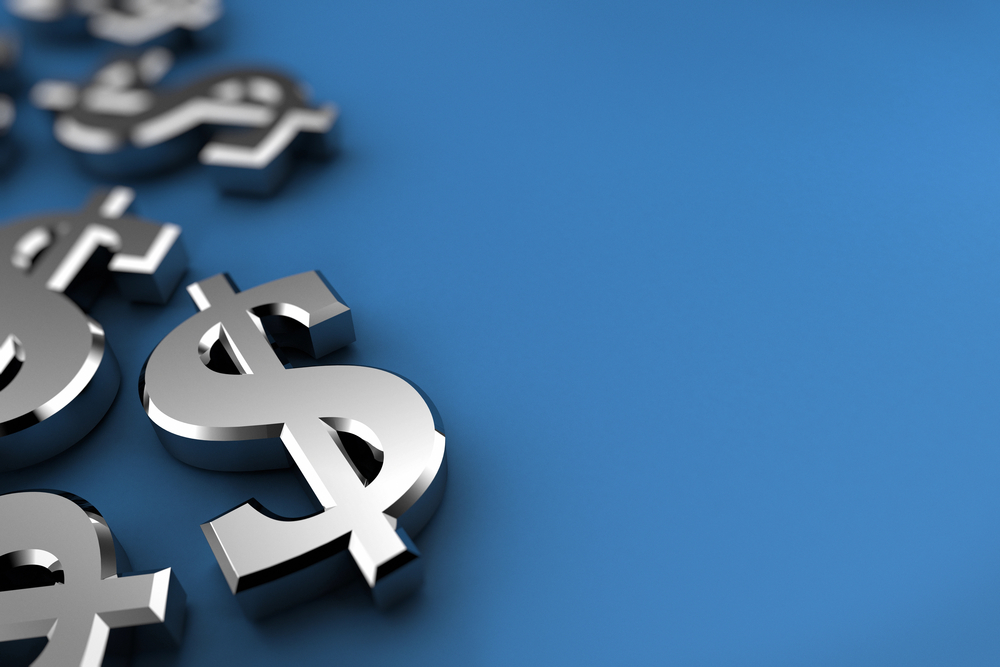Ukraine is facing a potential default on its debt as a moratorium on debt-service payments from private foreign bondholders is set to expire on 1 August. The country may either negotiate an extension on its debt-service freeze or default, according to The Economist.
Ukraine’s debt-to-GDP ratio is expected to reach 94% by the end of the year, according to IMF estimates. At the beginning of Russia’s full-scale invasion in 2022, this ratio was 49%.
At the beginning of June, Ukraine held closed meetings with Eurobond owners, who are large institutional and other long-term investors, with a proposal for restructuring.
Ukraine's finance minister, Sergii Marchenko, offered creditors a deal that would reduce the present value of its debts by 60%, but creditors have countered with a more modest 22% reduction.
"I know that we are asking private lenders to make a significant effort on their part, but without restructuring, Ukraine will not be able to sufficiently finance our defense and start a program of recovery and reconstruction, which is a common goal for all our partners from both the public and private sectors ", the minister noted.
The Economist suggests that in the absence of a deal, Ukraine may either negotiate an extension on its debt-service freeze or default, with little practical difference between the two scenarios, because “Either way, Ukrainian payments will not resume.”
While Ukraine's allies have provided impressive sums in the form of military aid and earmarked funds, only a small portion of the assistance is in the form of direct cash support to the government.
Out of the recent financial assistance provided by the United States to Ukraine, a mere $8 billion will be directly allocated to the Ukrainian government. This sum, which is being offered as a loan, represents just a little more than 25% of what Ukraine typically spends on social welfare programs in a year. Meanwhile, the European Union is considering a slightly larger aid package for Ukraine, but it will still only amount to $38 billion spread out over a three-year period, according to the Economist.
Private-sector investors are also skeptical about the likelihood of Ukraine re-entering financial markets even if allies forgive debts. They believe that a restructuring would be the first of many attempts to shift the financial burden of war and reconstruction costs from governments to the private sector.
According to Ukraine’s Ministry of Finance, another $9.5 billion is needed to finance priority recovery needs. This money is for the defense industry, energy, rehabilitation of damaged housing, agriculture, natural resources, digital technology, and the IT sector.
In June, G7 leaders agreed to a US proposal to lend Ukraine $50 billion using frozen Russian assets as collateral.
Related:
- EU must support Ukraine’s victory “whatever it takes,” top diplomat says in historic speech
- FT: US proposes debt to fund Ukraine using profits from Russian assets
- UK intel: Russia may lean more on debt and taxes amid 2024 budget pressures
- AP: G7 leaders agree to lend Ukraine billions in Russia’s frozen assets

